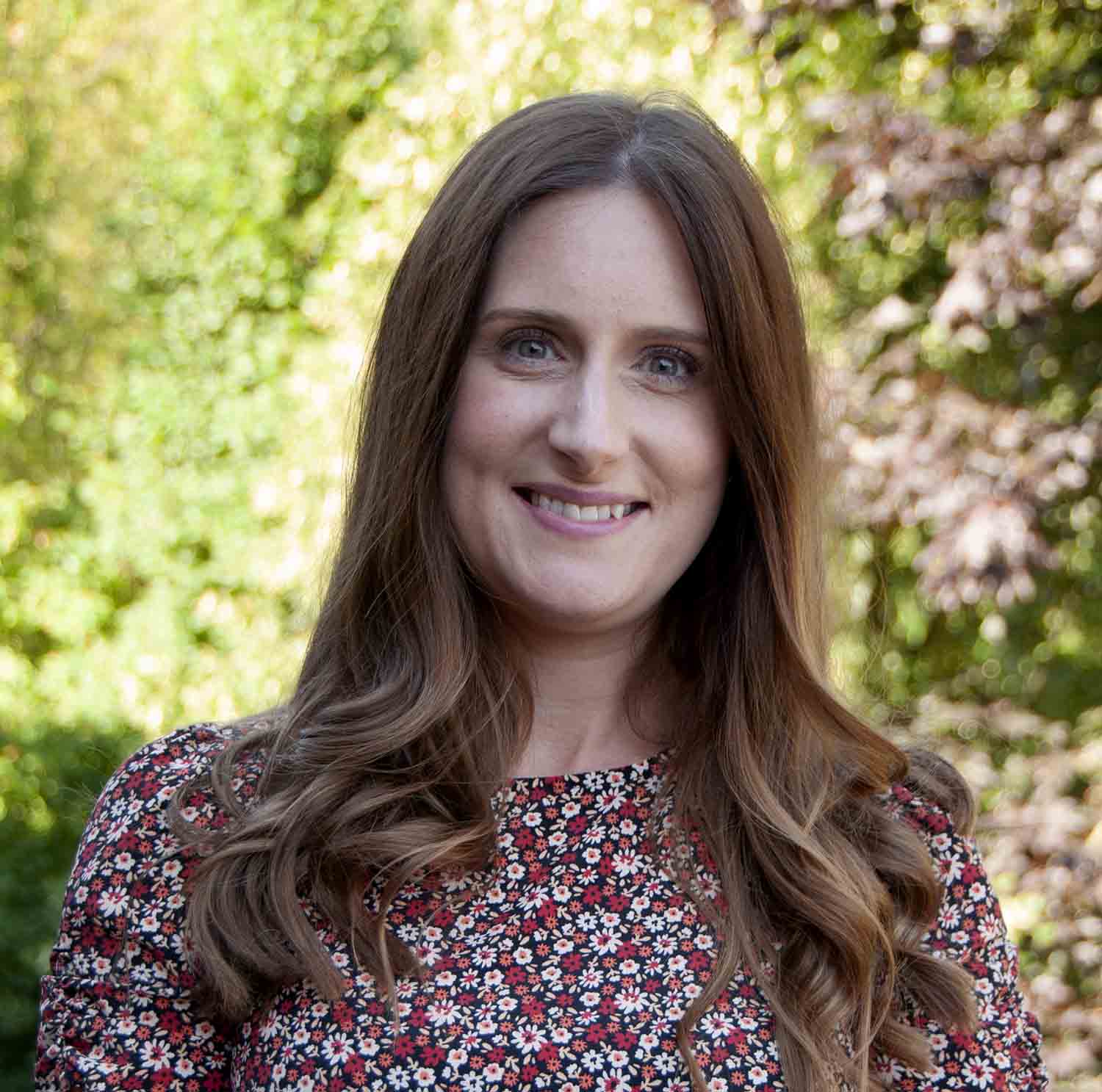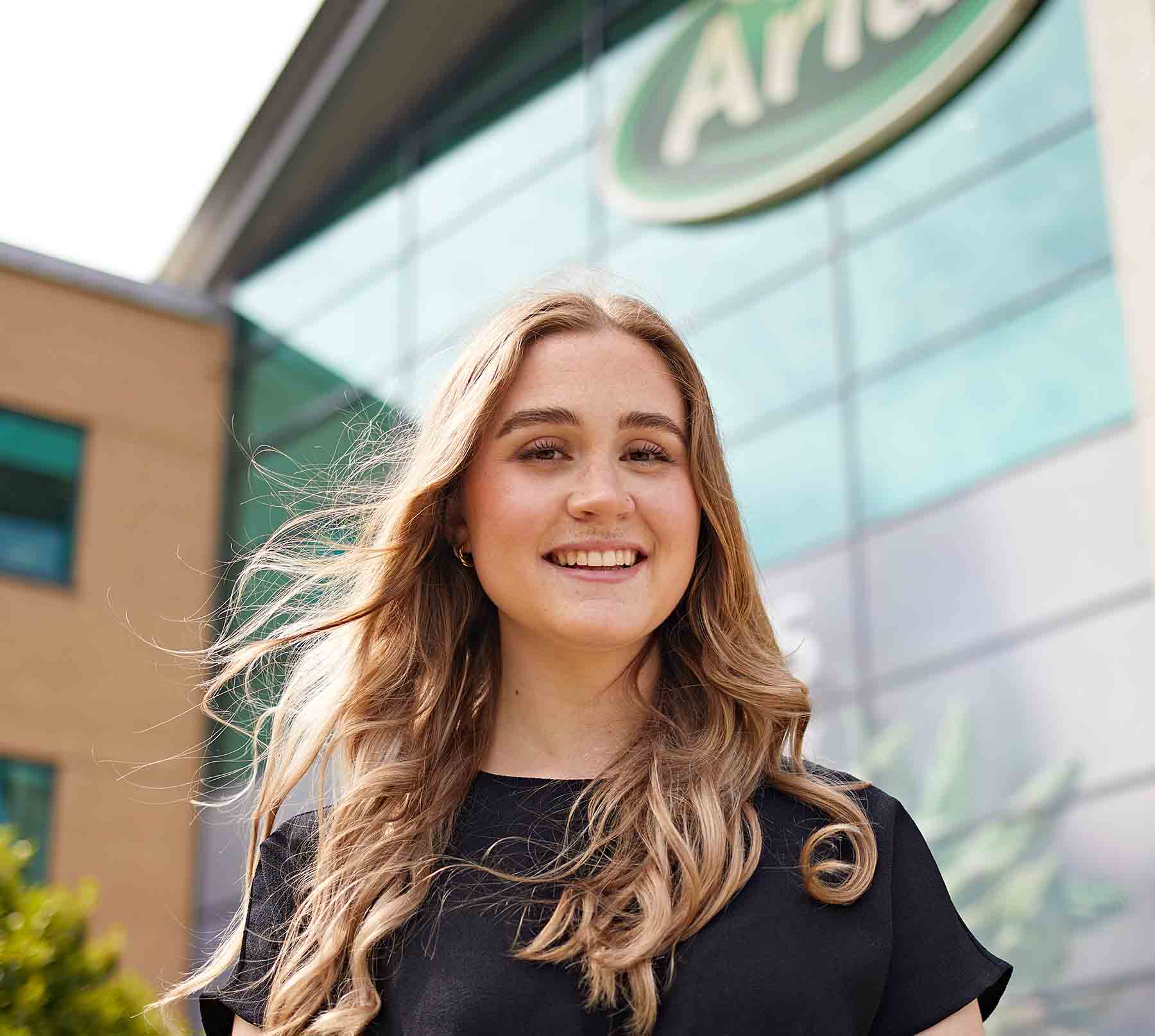
Four helpful tips for university students to enhance their CVs

Claire Rogers
Employability and Placement Advisor
Hello! My name is Claire Rogers, and I am an Employability and Placement Advisor at Huddersfield Business School.
A Curriculum Vitae (CV) is a personal document that summarises your work experiences and skills, both soft and technical. You use a CV when applying for jobs to demonstrate to employers your suitability for a particular role. A strong CV should set you apart from the competition and help you to get shortlisted for an interview. Employers typically spend 8 to 15 seconds looking through a CV. According to Glassdoor, on average, each corporate job offer attracts around 250 CVs, and only four to six applicants will be offered an interview. So, it’s important that your CV is easy to read and highlights your unique selling points to help you secure the interview. In this blog, Claire Rogers, Employability and Placement Advisor at Huddersfield Business School, provides you with her top tips on enhancing your CV.
1) Tailor your CV
Tailoring your CV to a job will show employers that you’re a serious candidate and that you want to work for them. Generally, employers and recruiters can spot a generic CV a mile off, and it can dampen your chances of getting an interview. You should carefully read the job description and research the organisation and industry that you’re applying for, so you understand the skills and experience that employers are looking for, and tailor your CV to this accordingly, without fabricating! Some people find it helpful to print off job specifications and highlight the skills required, so you can clearly see what the employer is looking for.
Also, when writing your CV, you should ensure that you give specific examples of skills to avoid sounding generic. It may be worth having a bank of skills in a separate document, and then you can use the five most relevant skills for each role you’re applying for. Tailoring your CV means that employers don’t have to put too much time and effort into assessing your suitability as you’re doing the hard work for them by clearly outlining how you match the job requirements. Yes, this is more time-consuming, but you must put the effort in to increase your chances of securing that all-important interview.

2. Be clear and concise
As employers are often strapped for time and have a lot of CVs to sieve through, it’s paramount that your CV is clear, easy to read, and to the point. Include a short, snappy personal profile at the top of your CV. This should include who you are, a key skill or achievement that sets you apart from others, and what you are looking for. As an example:
I am a final-year business management student, and prize winner for the best placement award, who is seeking a graduate role in management in the manufacturing industry where I can develop my knowledge and skills and put my learning into practice.
Furthermore, I recommend you try to tell a coherent ‘story’ through your CV, wherever possible. For example, if it’s a placement you’re applying for, make it clear in your personal statement that you’re looking for a placement, then put your education section next to provide further information about your degree and the relevant modules you’re studying. A CV should be no more than two pages long. A survey by Reed found that 91% of recruiters thought that two pages were the perfect length, so be sure to not exceed this. I also recommend that you proofread your CV and ask someone else to check it for you to make sure it is free from errors such as typos and is easy to understand.
3. Have a good structure
Ensuring that your CV is well structured, and the layout is clean and professional is very important. You should make the most of headings and bullet points so that it’s easy to read. Also, don’t make the mistake of going overboard with fancy formatting unless you’re applying for creative roles. Simple is often best! I recommend you write your education in reverse chronological order, with clear institution names and dates. You can also add information about modules you are studying as part of your degree, particularly those that are relevant to what you are applying for. You should also write your work history in reverse chronological order, with the company name, job title, and clear dates. There is no need for more than three to five bullet points per role, highlighting your key responsibilities and achievements. Do not forget - this can include unpaid or virtual work experience too!

4. Let your personality shine through
Finally, you should include an interests and hobbies section towards the end of your CV, as this allows you to show what type of person you are outside of work and education. Putting your interests on a CV can strengthen your job application and help you secure an interview. It can help you build rapport with the employer and be a more memorable candidate. Some hobbies and interests might include travel, sport, leisure activities, or playing a musical instrument.
To conclude...
Having a strong CV that is tailored, clear, and well-structured will help you impress employers and improve your chances of getting an interview. Make sure that your CV helps you stand out in the crowd by clearly demonstrating your skills, knowledge, and experience, which are relevant to the job you are applying for, and you will be one step closer to securing that role.